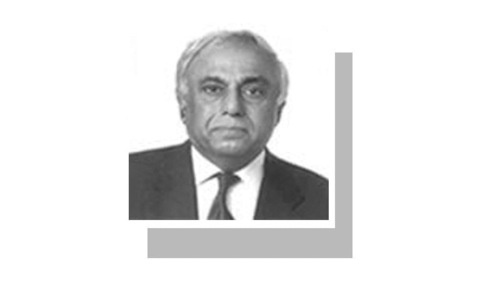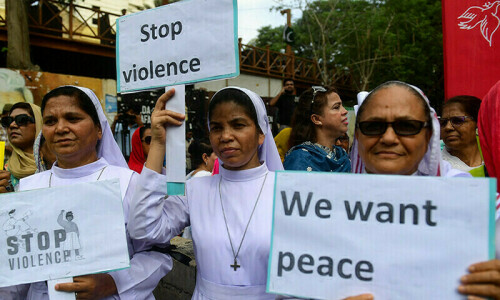
NEW DELHI: The US announcement of its proposed military pullout from Afghanistan had boosted anti-American forces in the country, President Asif Ali Zardari told Senator John Kerry and added that Washington could not afford to keep that time-line for troop withdrawal from Kabul, according to WikiLeaks cables partly published by The Hindu on Monday. Based on a meeting in February last year, the cable to Washington by US Ambassador in Pakistan Anne Patterson gave an account of Mr Zardari’s economic worries and his perception of Iran’s role in the region.
“Kerry asked Zardari what effect President Obama’s announcement of a US drawdown date had had on the possibility of success in Afghanistan. Zardari answered that it had given a boost to those fighting against the United States, but that they ‘live in illusion’.”
The cable added: “Zardari doubted that the US would actually leave Afghanistan in two and a half years, adding that ‘no one can afford that’.
Kerry asked if dialogue with the Taliban was possible. Zardari gave a qualified yes: in specific regions, like Quetta, dialogue might be possible, but on a larger scale it was not.”
Mr Kerry asked to what degree events in Iran have an impact in Pakistan. Mr Zardari said Iran needs to be engaged, and recounted his visit to Iran as an emissary of the free world.
Mr Kerry noted that with the December mosque bombing in Rawalpindi, Pakistani terrorism had changed, Ms Patterson said. “He asked if Pakistan was going to commit to doing whatever it takes to get rid of extremism. Zardari replied that he was thinking of the future and what will win people away from extremism in 10 or 15 years. He added, however, that he was ‘fighting a war on a shoestring budget’.”
Mr Kerry said the Pakistan government needed to rebuild the conflict-affected areas as soon as possible. “He explained that new roads, power plants, and health clinics need to go in quickly or any progress made in vanquishing the militants and extremists would be lost. Zardari agreed but added that the war went beyond these areas. He explained that when a US soldier leaves Afghanistan, he no longer fears for his life; when a Pakistani soldier leaves the conflict areas, however, he has to worry that militants might target him in his home in Punjab or Sindh.”
Ms Patterson’s cable said Mr Zardari complained that Reconstruction Opportunity Zones (ROZs) were too confined and requested broader trade concessions for Pakistan. “Kerry said that given the increase in troops in Afghanistan and the subsequent increased US demand on Pakistan, he would see if greater trading concessions for Pakistan as a whole could be included in an upcoming security package.”
Mr Kerry warned, however, that his ability to push for a liberalised trade agreement between Pakistan and the US was directly tied to Pakistan’s democratic stability and continued cooperation in supporting Afghanistan and defeating terrorists.
“Every time there is a ‘hiccough’ in Pakistan’s support, Kerry explained, Congress waivers on giving Pakistan additional concessions or aid. As Pakistan was a new democracy, Zardari said there would naturally be many ‘hiccoughs’, but added, ‘message understood’. Kerry said that Pakistan also needed to create trade agreements with its neighbours, which would let the Pakistani public know that the GOP was committed to real economic improvement.”
The Senator said “the lingering A. Q. Khan network remained ‘an albatross’ around Pakistan’s neck”, according to the US cable.
“Pakistan’s ability to reach a new security arrangement with India and the increased strength of Pakistan’s democratic institutions would be necessary conditions for the US to consider civilian nuclear assistance to Pakistan,” Mr Kerry told Mr Zardari.
On his part, Mr Zardari expressed his gratitude for US assistance to Pakistan. “He opined that he was ‘a casualty of the world recession’ and needed something to give his people, as all they had since he came to power were price increases. Zardari requested that the USG weigh in with the IMF against further electricity tariff increases. Another increase, he warned, would result in riots in the streets. However, Zardari promised to broaden the tax base and implement a Value-added Tax (VAT), as required by the IMF Standby Arrangement.”
Mr Zardari said poverty, uncertainty, and the lack of educational and employment opportunities undermined Pakistan’s potential as well as his political standing. He said he needs a ‘deal’ to show his people that he has something to offer them, “and that assistance and trade concessions were prerequisites to ‘be able to think about India’.”













































Dear visitor, the comments section is undergoing an overhaul and will return soon.